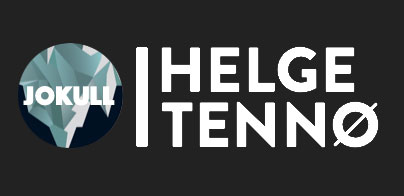A channel is context-less. It’s thin data. A human being is context rich, they are not only influenced by the situation they are in, but also their individual and cultural experience, they are thick data.
According to Christian Madsbjerg & Sarah Heatherington what thin or “big” data “lacks is one simple thing: a connection to our subjective experience or the way that we, as people, actually understand the world. Without this — the subjective frame of individual and cultural experience — the big data approach can only deliver “thin data”, or numbers stripped of any richer contextual meaning. If business leaders really want to understand the complexity of the world, they need to pair their use of big data with “thick data” or data that richly captures the human experience.” (1).
We can measure a channel or a website using thin data. Because it is just a piece of technology, functionality, code. It doesn’t think about a daughter’s wedding, SAT scores or a business opportunity. In fact, it doesn’t think at all. That is why we can reduce measuring it down into something as simple as number, a performance metric. So we can understand it in comparison to the context-less job it has?
But when we are reducing human beings into mere operators in our engagements we are erasing their complexity — we are taking away their individual and cultural experience which is their motivation for making decisions in the first place.
To quote anthropologist Rikke Ulk: “It would be an act of utter reductionism to think of these people as mere ‘users’ — as actors that need to be taken care of” (2).
I believe any organization can measure their ability to produce value for their customers which leads to a customer response that can be measured against value for the business. But it’s a. most likely not a number like 32% or 14,8. OR it might be a number if it is built on the basis of qualitative research or experimentation identifying what is valuable to the complex human being — if that insights can be translated into a measurable quantity (3).
Sources:
(1) https://www.dukece.com/insights/thin-data-new-framework-understanding-world/
(2) https://www.appliedanthro.org/publications/news/november-2020/why-world-needs-anthropologists
(3) https://hbr.org/2020/04/the-most-important-metrics-youre-not-tracking-yet

